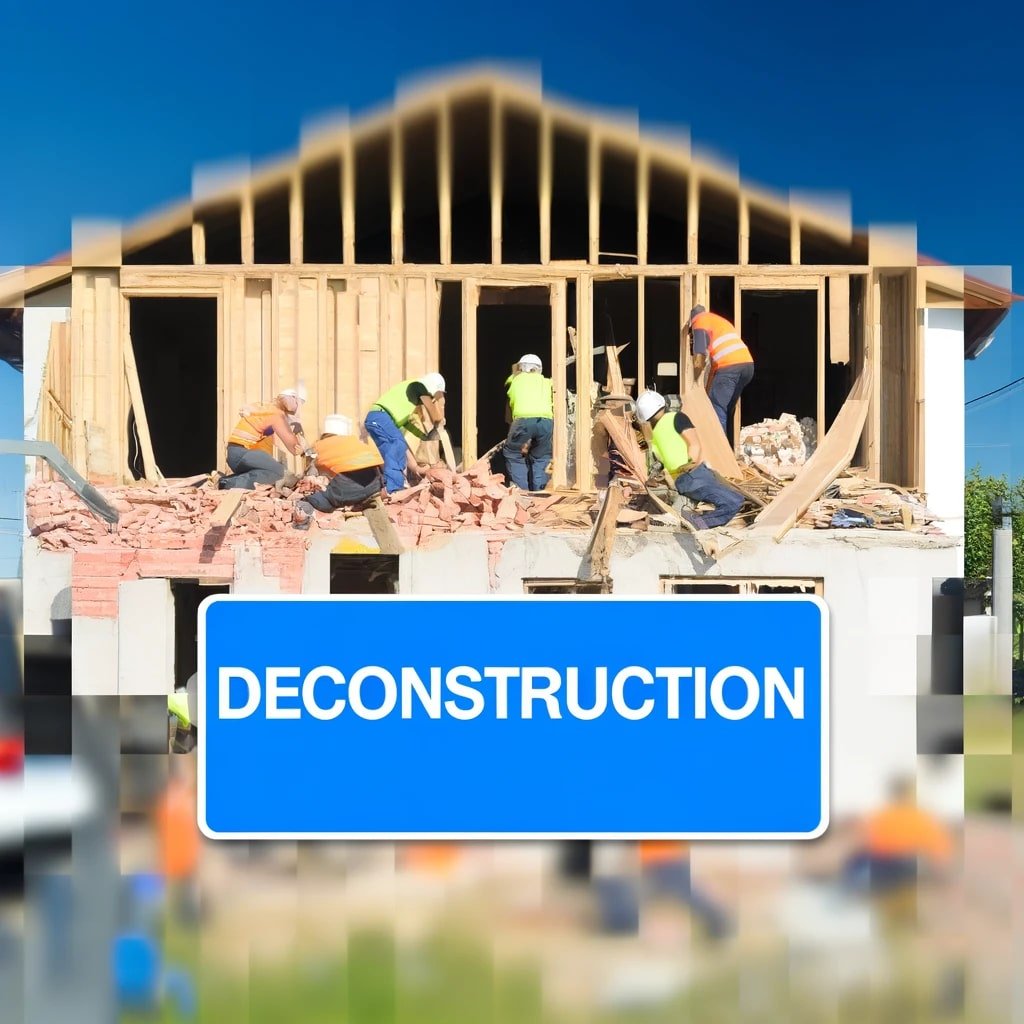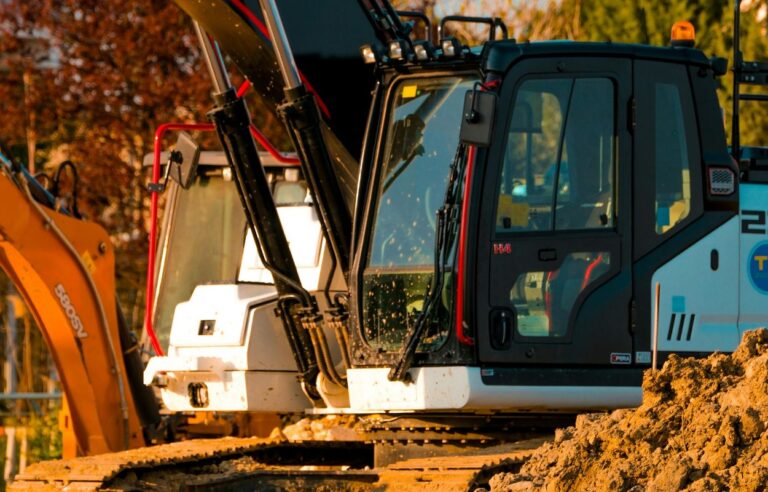In recent years, the construction and demolition industry has seen a significant shift towards more sustainable practices. One of the most compelling changes is the rise of deconstruction as an alternative to traditional demolition methods. Deconstruction, which involves the careful dismantling of buildings to salvage reusable materials, offers numerous environmental, economic, and community benefits, positioning it as a future-forward approach in the demolition sector. Here’s why deconstruction is not just a trend but a fundamental shift that could redefine how we think about demolishing structures.
Environmental Benefits
The most profound advantage of deconstruction lies in its capacity to significantly reduce waste. Traditional demolition methods typically result in a large amount of debris ending up in landfills. In contrast, deconstruction allows for the recovery and reuse of materials such as wood, metal, bricks, and even fixtures, which can be recycled or repurposed. This not only minimizes waste but also conserves natural resources by reducing the demand for new materials.
Furthermore, deconstruction dramatically lowers the carbon footprint associated with demolishing buildings. The production of new building materials is energy-intensive and emits a substantial amount of CO2. By reusing materials, deconstruction reduces the need for new material production, thereby decreasing overall carbon emissions. This environmental benefit aligns well with global efforts to combat climate change and promotes sustainable construction practices.
Economic Incentives
Deconstruction can also present significant economic benefits. First, the salvaged materials can be sold, offering a financial return that can offset the costs of the deconstruction process. Many reclaimed items, particularly from historic or older buildings, are highly valued for their aesthetic and historical significance, fetching a premium in the market.
Additionally, deconstruction creates more job opportunities than traditional demolition. The process is labor-intensive, requiring skilled workers to carefully dismantle structures to preserve the integrity of materials. This aspect of deconstruction supports local economies by creating jobs and developing a skilled workforce trained in sustainable building practices.
Community and Social Impact
Deconstruction has a positive impact on communities. By reducing the volume of dust and noise typically associated with demolition, deconstruction is less disruptive to neighborhood residents. This approach can also foster a sense of community involvement and pride, particularly when materials from deconstructed buildings are reused in new local construction projects, preserving a sense of history and continuity.
Moreover, deconstruction can play a critical role in social equity. The materials salvaged from deconstructed sites are often donated to non-profit organizations, which either use them in affordable housing projects or sell them at reduced prices to low-income homeowners. This practice supports housing affordability and promotes equitable access to building resources.
Challenges and Considerations
Despite its benefits, deconstruction faces challenges, including higher initial costs and longer project timelines compared to traditional demolition. Additionally, there’s a need for greater awareness and education about the advantages of deconstruction, both within the industry and among the general public.
To overcome these challenges, policy makers and industry leaders must work together to create incentives, such as tax breaks or grants, for projects that choose deconstruction over demolition. Furthermore, as more professionals are trained in deconstruction techniques and as the market for salvaged materials grows, the costs and timelines associated with deconstruction are expected to decrease.
Conclusion
Deconstruction represents a significant shift in the demolition industry towards sustainability. As awareness grows and the benefits become clearer, it is poised to become the preferred method of demolition. Not only does it offer environmental and economic advantages, but it also supports community development and social equity. In an era where sustainability is increasingly crucial, deconstruction stands out as a practical, ethical, and forward-thinking choice.
Deconstructors demolitions .inc 2024-05-27



